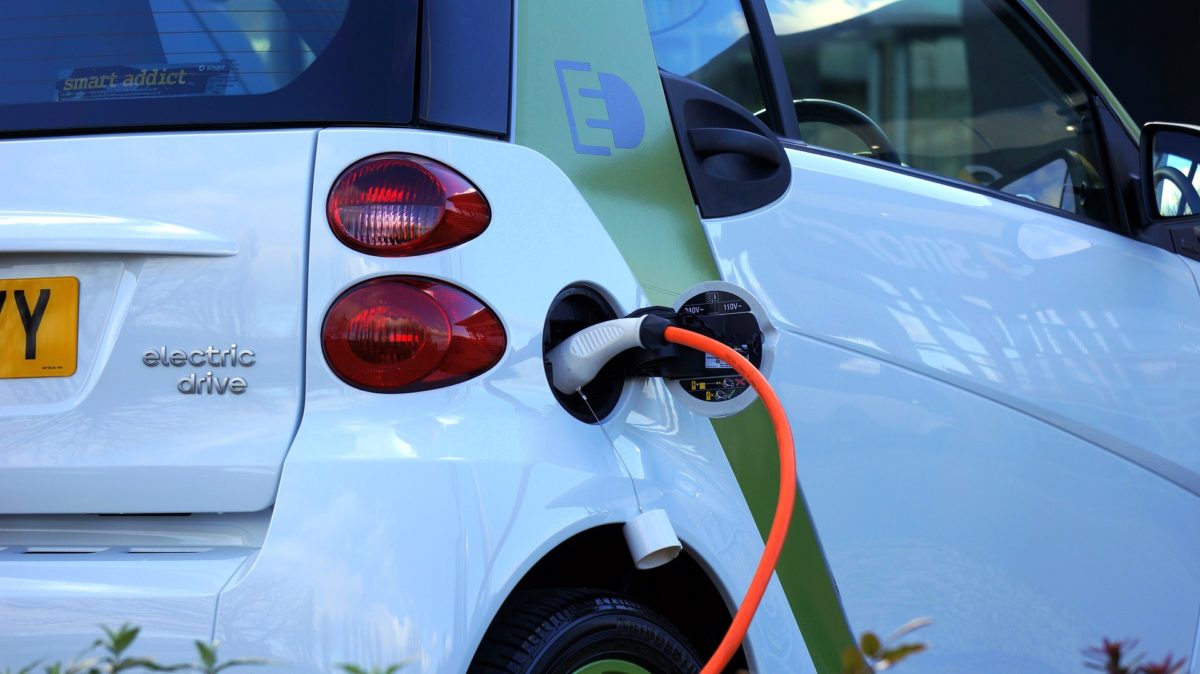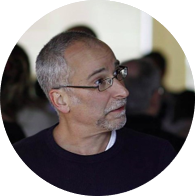From pv magazine USA
QuantumScape, a secretive, well-funded solid-state battery builder looking to win the EV drivetrain race is going public via a reverse merger with Kensington Capital at an enterprise value of $3.3 billion, according to a Reuters report
Going public through a SPAC is the exit method of choice for venture-funded startups, cleantech and otherwise, in recent months. Zinc battery builder Eos is exploring this route as are electric truck builder Nikola and reincarnated car builder Fisker. Lidar makers Luminar and Velodyne are also going hoping to go public in this untraditional manner. Reuters defines a SPAC as “a shell company that raises money through an IPO to buy a private operating company.” QuantumScape’s SPAC deal is expected to close later this year.
The ten-year-old startup is backed with more than $300 million from Volkswagen and funding from a passel of other investors including Bill Gates through Breakthrough Energy Ventures, Khosla Ventures, Kleiner Perkins, the Qatar Investment Authority, Shanghai Auto and Continental AG. QuantumScape raised another $500 million from institutional investors ahead of the SPAC merger news, led by Fidelity Management & Research, according to reports. Other investors in QuantumScape include Prelude Ventures, Lightspeed Venture Partners and Capricorn Investment Group. Total funding is in excess of $1 billion for the company since its founding.
QuantumScape’s CEO Jagdeep Singh is the successful founder of Lightera and Infinera. Dipender Saluja, managing director at Capricorn Investment Group is on QuantumScape’s board, as is VW’s Axel Heinrich. Bruce Sohn, former president of First Solar once served as president of QuantumScape.
The startup aspires to produce solid-state battery cells, “starting in 2024, for VW’s electric vehicles, and eventually for other carmakers,” as per reports.
Solid-state batteries
QuantumScape began in 2010 as a Stanford University spinoff and was originally funded by ARPA-E for its “all-electric battery.” That idea was soon abandoned for a lithium metal solid-state approach.
According to VW: “This battery technology has advantages over the present lithium-ion technology: higher energy density, enhanced safety, better fast charging capability and — above all — they take up significantly less space.” QuantumScape’s CEO Jagdeep Singh claims its lithium-metal battery has an energy density exceeding 400 watt-hours per kilogram.
“Solid-state’ is synonymous with ‘lithium metal anode,’” according to battery expert David Snydacker. He notes that “many generations of battery scientists have tried and failed to create a commercial viable lithium metal battery that is rechargeable.”
Other companies working on solid-state batteries include Ionic Materials and Solid Energy (GM is an investor). Sakti3, acquired by vacuum builder Dyson for an ill-fated EV, was developing solid state batteries, as was the Bosch-acquired Seeo with its polymer electrolyte. Toyota has made significant investments in solid-state battery development.
Volkswagen has been working with QuantumScape since 2012 and been in a joint venture to enable industrial-level production of solid-state batteries since 2018. It’s a testament to the difficulty of developing a new battery technology that it has taken more than a decade to bring this product to the edge of industrial production.
Greater energy density is the most important driver of solid-state lithium metal batteries as it enables longer driving range and a smaller cheaper battery pack. The world’s automotive giants are in an expensive technology race for the lead in electric vehicles — and they are not slowing down.
This content is protected by copyright and may not be reused. If you want to cooperate with us and would like to reuse some of our content, please contact: editors@pv-magazine.com.




17 comments
By submitting this form you agree to pv magazine using your data for the purposes of publishing your comment.
Your personal data will only be disclosed or otherwise transmitted to third parties for the purposes of spam filtering or if this is necessary for technical maintenance of the website. Any other transfer to third parties will not take place unless this is justified on the basis of applicable data protection regulations or if pv magazine is legally obliged to do so.
You may revoke this consent at any time with effect for the future, in which case your personal data will be deleted immediately. Otherwise, your data will be deleted if pv magazine has processed your request or the purpose of data storage is fulfilled.
Further information on data privacy can be found in our Data Protection Policy.